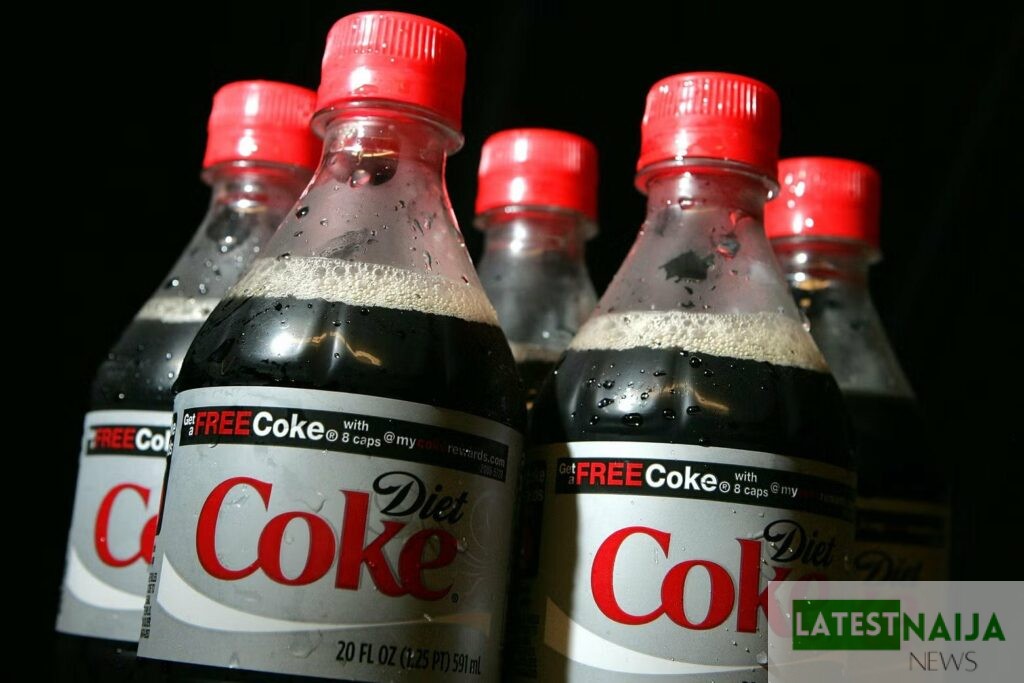In an unprecedented development, Aspartame, one of the world’s most commonly used artificial sweeteners, is set to be identified as a possible cancer-causing substance by the International Agency for Research on Cancer (IARC), the World Health Organisation’s cancer research unit, according to exclusive information obtained by Reuters.

Aspartame, a key ingredient in popular consumer products such as diet sodas and chewing gum, will be categorized as “potentially carcinogenic to humans” for the first time in the IARC’s imminent decision. The expected ruling, which is scheduled for a July announcement, has triggered concerns in the food industry and among regulatory bodies.
While IARC’s classification does not account for safe consumption levels, these are determined by WHO’s separate expert committee on food additives, known as the Joint FAO/WHO Expert Committee on Food Additives (JECFA). The parallel safety evaluations of Aspartame have raised questions regarding potential public misunderstanding.
In light of JECFA’s assessments since 1981, national regulators, including those in the US and Europe, have previously endorsed Aspartame’s consumption within accepted daily limits. Despite facing criticism for causing unnecessary alarm or confusion, the IARC’s past rulings on various substances have proven influential, resulting in consumer concerns, legal action, and changes in product recipes.
IARC categorizes substances into four groups based on evidence strength rather than risk level: carcinogenic, probably carcinogenic, possibly carcinogenic, and not classifiable. The first group includes substances with strong evidence of their cancer-causing potential, such as processed meat and asbestos.
The agency has placed Aspartame in the “possibly carcinogenic” category, signifying limited evidence of its potential to cause cancer in humans, sufficient evidence in animals, or strong evidence of its carcinogenic characteristics.
The International Sweeteners Association Secretary-General, Frances Hunt-Wood, criticized the IARC review of Aspartame, stating that it lacked scientific comprehensiveness and relied heavily on widely discredited research. Meanwhile, Kate Loatman, executive director of the International Council of Beverages Associations, expressed deep concern over the leaked opinion, warning that it could misguide consumers into consuming more sugar rather than opting for safe no- and low-sugar alternatives.
Aspartame has been the focus of extensive research over the years, with a recent French observational study involving 100,000 adults indicating a minor increase in cancer risk among higher consumers of artificial sweeteners, including Aspartame.
The IARC’s forthcoming classification of Aspartame as a potential carcinogen is expected to trigger further research and inform better decision-making among stakeholders. However, it also promises to reinvigorate debates about the IARC’s role and the overall safety of sweeteners, particularly as the food industry continues to argue for the use of these substitutes as a means for consumers to reduce their sugar intake.

Submit press release, news tips to us: tips@odunews.com | Follow us @ODUNewsNG
